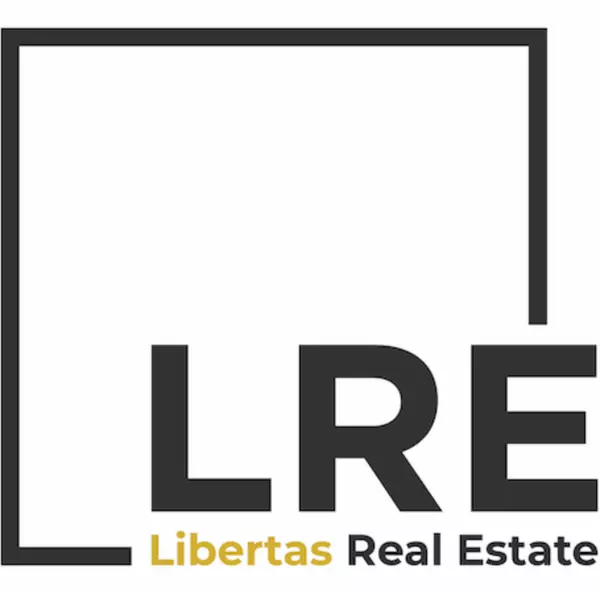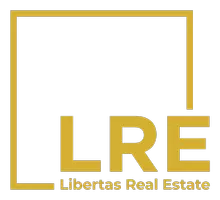As reverse mortgage demand grows, lenders may need more personnel
Consumer demand for reverse mortgage products is expected to rise as the population ages more quickly. According to estimates from Business Research Insights, the global market is currently valued at $2 billion and could reach $3.2 billion by 2033.
More business is likely to push reverse mortgage companies to grow their employee headcounts. But like any other industry, identifying high-quality workers won’t be easy.
HousingWire’s Reverse Mortgage Daily caught up with Melissa Macerato, chief revenue and marketing officer at Longbridge Financial, to discuss the current challenges and opportunities for reverse mortgage lenders in the recruiting and training arenas.
As one of the leaders in the reverse industry, Longbridge currently employs 477 people. The company shared internal data that it has promoted more than 40 people and made more than 90 external hires in the past year, growing its headcount by 12%.
This interview has been edited for length and clarity.
Neil Pierson: Can you outline the current problems around recruiting and hiring in the reverse mortgage industry? Could those problems get worse based on the expectation that consumer demand is expected to go up? And what’s the plan at Longbridge to address these issues?
Melissa Macerato: Historically, it has been an industry where we recruit from within oftentimes. To continue to grow and expand this industry — and keep up with the innovation that’s happening — we’re going to have to get more creative about our hiring and expand who we’re looking at.
The easiest thing to do is to hire somebody that’s already doing the job because they have a proven track record. But I do think there’s going to need to be more investing in people, in training programs, and in “greenhousing” individuals to have them grow and develop. What I mean by greenhousing is bringing individuals in early in their career, early on in their time in reverse mortgages, and teaching them internally.
NP: Let’s touch more on the typical candidate you’re looking for with these positions. Whether it’s a processor, an originator, an underwriter, etc., are many of these people coming from inside the reverse industry? Or is it similar to the forward mortgage channel, where they often look to people with backgrounds in other industries, like auto or insurance sales?
MM: It’s a little bit of both. As I said, it’s easier to bring people in that are already doing the job. The learning curve is less steep, and we can get them up and running quickly.
I like to be in a place where we’re bringing in both seasoned individuals and newbies, so you’ve got opportunities to mentor individuals. But you have to have a training program in place for that. And we do have a rigorous training process on our sales side.
I’ll give you an example. Our CSRs, concierge service representatives, they are unlicensed individuals on the sales side. They take and screen the calls first. Those opportunities or leads are transferred to a licensed loan officer. We’ve been bringing people in from outside of the industry, from all different backgrounds, typically with some sales experience, and they get to learn about the reverse mortgage world. They get to learn about the products. And then the next stepping stone for that person can be as a licensed loan officer, where we’re spending the money to get you licensed and trained and you can actually sell the product.
It’s important that we bring new talent into Longbridge, because we are growing. We are looking to continually innovate. We’ve rolled out several new products this year and it’s important that we continue to become really efficient.
NP: Touching specifically on the origination aspect, if you’re trying to hire for that kind of role, how easily does that translate for somebody who’s maybe been in the forward mortgage industry for a while? Are there a lot of similarities, or are there some really key differences that you’re going to have to spend time working with that person on to help them grasp?
MM: If you’re selling forward mortgages today, you’re already licensed, so that’s half the battle. Getting that licensing is a big-time investment.
If you’re taking a forward mortgage loan officer and you’re bringing them to reverse, the challenge is about the product. They understand the financing side of things. They understand licensed mortgage activities. They understand the concept of the mortgage and how to sell, but we would teach them the product, because reverse is obviously very different. You are really selling the product, whereas a lot of times on the forward side, it’s a rate-based sale.
It’s about making sure that we’re doing a lot of due diligence with the borrower so that it’s the right product for them. Today, we have both HECM and Platinum products, as well as in some states, our HELOC for Seniors products. It’s about making sure that we evaluate what the borrower is looking for and what they’re trying to accomplish.
NP: I wanted to touch a little bit on AI, which is a hot topic in the industry right now. What’s happening in that space right now for reverse lenders that might impact your hiring decisions?
MM: I really think AI is empowering our people. We are obviously looking for individuals where technology isn’t a barrier for them, that they understand the importance that it has. Our COO, Bill Packer, says that AI isn’t going to take your job, but somebody who knows how to operate and work with AI can take your job.
It’s something that we are championing as one of our guiding principles in the future, that people are looking for innovative, more efficient ways to do the business. Because if we don’t keep up, other companies can pass us by. We’re not hiding it. This is the train we’re on, so jump on, because if you’re not leveraging all of these best practices, it’s going to put you at a real disadvantage.
NP: Can you give us an overview on what the industry is going to kind of look like in the next five to 10 years in terms of staffing levels? Do you expect companies to fall behind if they don’t urgently address issues of understaffing?
MM: I think we are going to have to collectively grow and bring new people into the industry. I think the trading of resources, the round robin that has traditionally gone on in the past, is not going to be sufficient for the growth in the future. It’s going to be really important that we become an enticing industry to bring new and young people in.
One of the areas that I’m going to work with our HR team and our recruiting team on is working with colleges and universities. No one ever says they’re going to go to school, come out and be a reverse mortgage loan officer. But many people make their way here and I would like to do that for them earlier in their career because they bring a fresh perspective. That’s going to require training programs and mentorships, things that we’re continuing to focus on here.
Categories
Recent Posts










GET MORE INFORMATION

